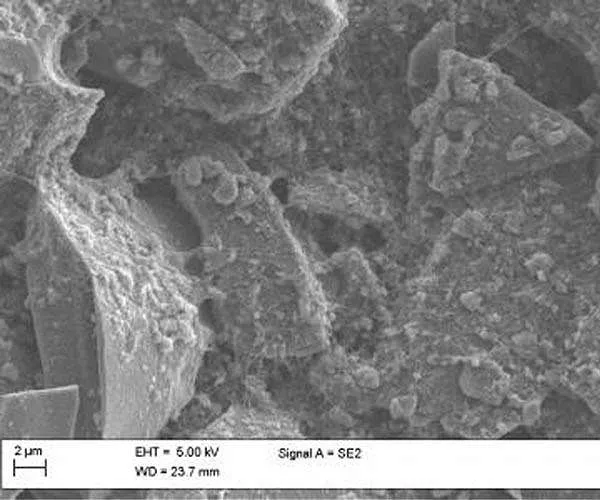New hybrid product enhances the efficiency of silicon in Li-ion batteries
- Scientists at the University of Eastern Finland have actually established a brand-new crossbreed product of mesoporous silicon microparticles and also carbon nanotubes that can enhance the efficiency of silicon in Li-ion batteries. Advancements in battery innovation are crucial for lasting advancement and also for attaining environment nonpartisanship.

States and also firms worldwide are excitedly seeking lasting and also brand-new modern technologies to attain environment nonpartisanship in every field of culture, varying from transport and also manufacturing of consumables to power manufacturing.
When environment-friendly power is created, it requires to be saved prior to it can be made use of in mobile applications. In this action, battery modern technology plays an important function in making the intake of eco-friendly power a feasible option.
In the future, silicon will slowly change carbon as the anode product in Li-ion batteries (LIBs). This advancement is driven by the truth that the ability of silicon is 10 times more than the capability of graphite, which is nowadays made use of as the anode product in LIBs. Utilizing silicon in the anode makes it feasible to also increase the capability of the complete battery cell.
Nonetheless, silicon is encountering extreme difficulties in battery modern technology because of its unpredictable product residential or commercial properties. In addition, there is no modern technology readily available until now to create practical anodes exclusively from silicon.
To reduce the minimizing impact of high billing prices on the capability of silicon anodes, scientists from the University of Eastern Finland have actually created a crossbreed product of mesoporous silicon (PSi) microparticles and also carbon nanotubes (CNTs).
According to the scientists, the crossbreed product requires to be become aware via chemical conjugation of PSi and also CNTs with the best polarity so regarding not prevent the diffusion of lithium ions right into silicon. With the best kind of conjugation, likewise the electric conductivity as well as mechanical sturdiness of the product was boosted.
Better, the PSi microparticles made use of in the crossbreed product were generated from barley husk ash to reduce the carbon impact of the anode product and also to sustain its sustainability. Silicon was generated via a basic magnesiothermic decrease procedure put on the phytoliths that are amorphous permeable silica frameworks discovered in wealth in husk ash.
The searchings for were released in Scientific Reports as well as Materials Chemistry as well as Physics.
Next off, the scientists are intending to generate a complete silicon anode with a strong electrolyte to deal with the difficulties connected to the security of LIBs as well as to the unsteady strong electrolyte user interface (SEI).
"The development of the LIB study is extremely amazing, as well as we wish to add to the area with our knowledge pertaining to mesoporous frameworks of silicon. With any luck, the EU will certainly spend extra in the fundamental study of batteries to lead the wave for high performance batteries as well as to sustain the competition of Europe in this area. The Battery 2030+ roadmap would certainly be necessary in sustaining this development," Professor Vesa-Pekka Lehto from the University of Eastern Finland notes.
Also read

